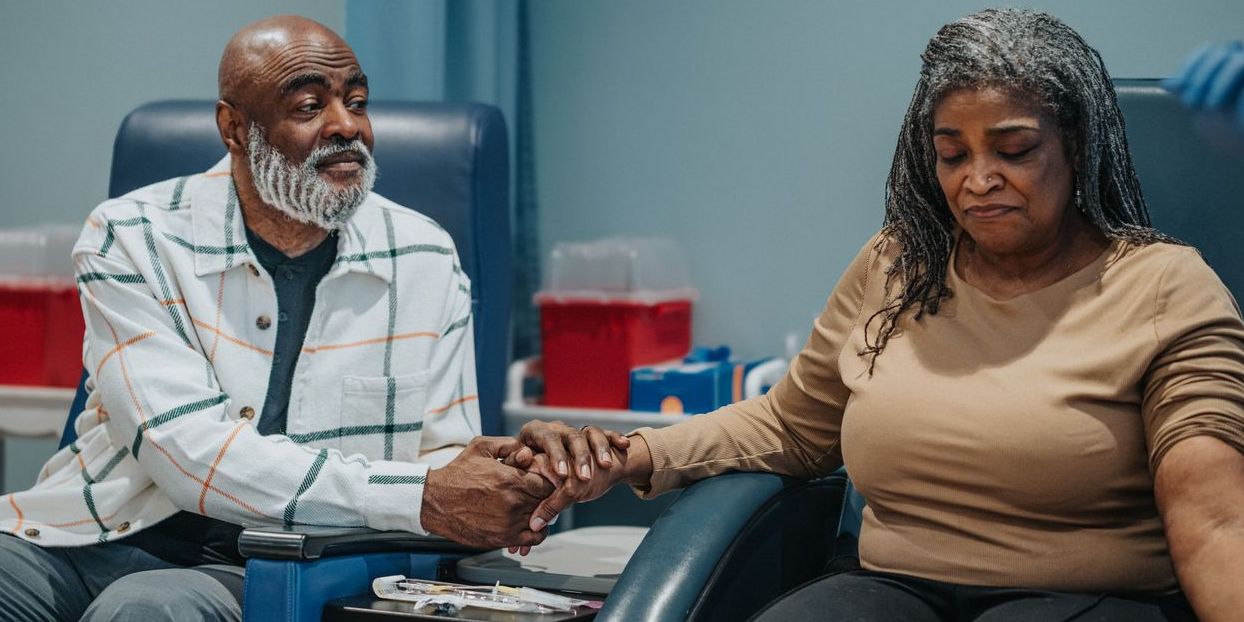Anemia and depression are common in the elderly and they are important medical, social and economic problems for the world. Both disorders are associated with a lower quality of life, multimorbidity and a higher risk of death. The connections between anemia and depression have been reported, but the mechanism and clinical consequences of their co-existence are not fully understood. Several links can be found between anemia and depression in the elderly: common etiological factors, low socioeconomic status of patients, poor education and less physical activity. Both conditions are associated with the occurrence of the same pathological changes: age-related (especially with the presence of inflammation, oxidative stress, degenerative changes in organs and tissues), nutritional deficiencies (iron, vitamin B12, folic acid) and hormonal disorders (especially thyroid gland disorders, sex hormone deficiencies). Anemia and depression are not sufficiently diagnosed in the elderly and, as a result, are often left untreated. The diagnosis and treatments of these conditions in the elderly differ from those in other age groups. The study provides an overview of the literature regarding the co-existence of anemia and depression in elderly patients and clinical recommendations.

















Create Post
Twitter/X Preview
Logout